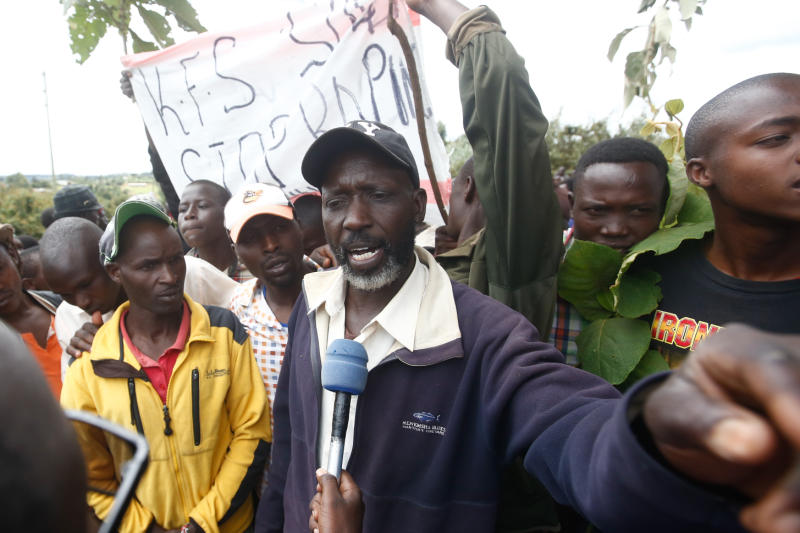×
The Standard e-Paper
Join Thousands Daily

Jenifer Koech and her three young children squeeze in a tent improvised from plastic sheets in a makeshift camp at Saptet in Narok South constituency, Narok County.
They have been here since November 2019 when the government evicted them from the Maasai Mau Forest to pave way for rehabilitation of the forest, which is part of the Mau Forest complex, a vital water tower.